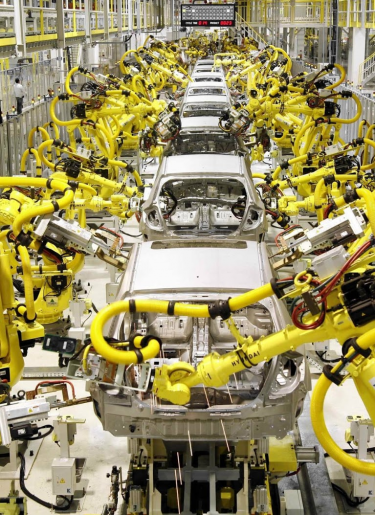
With the publication of Artificial Intelligence and the Federal Government (‘AI Strategy’) in November 2018, the Federal Government has taken a further step to develop the topic of Artificial Intelligence (AI) in Germany socially, economically and politically. Among other things, the government has set itself the goal of strengthening Germany as a research location for AI and promoting the use of AI, especially in small and medium-sized enterprises. The Government intends to make a total of around EUR 3 billion available to implement these goals by 2025. This amount may seem lavish at first glance, but it is quite modest compared to the volumes invested in other countries (such as China) to develop AI technologies. There are still many (sometimes quite fundamental) questions about AI left open for companies and this also applies to employment law. The following questions are particularly relevant: What does the term AI mean? What are the benefits of artificial systems and what are the risks for employers? And what about the impact of AI strategy on workers’ participation rights?
What does AI mean?
The term AI is not clearly defined. The Government’s explanation is based on the concept of ‘weak’ AI. This term covers the solution of concrete application problems using replication or support for human thinking. In the business world, AI is already common, whether in the context of speech or facial recognition systems or automation in manufacturing processes. AI can also play a supporting role in human resources.
Benefits of using AI?
The automation of work processes and the use of AI can bring a multitude of advantages for companies. On the one hand, it leads to precise work results and AI can usually handle complex work steps in a much shorter time than the human being. In addition, industries with a serious shortage of new talent can fill gaps in their staffing with the help of AI. The care sector is just one example. At present, robots are being tested in nursing homes to assist employees in caring for people with care needs. Furthermore, strict labour law protection regulations regarding, for example, working time, vacation and dismissal protection do not apply where AI is used.
Liability risks arising from the use of AI?
Despite the Government’s announcement that it intends to invest more in the topic of AI in the future, most of the legal and entrepreneurial risks associated with the use of AI have not yet been conclusively clarified. This means it is questionable which liability regime applies if AI (e.g. a production robot) causes property damage or personal injury at work. First, it will depend on whether the damage was caused by a design, system or production issue or by incorrect use. Only in the first case should damages claims by the employer against the manufacturer or developer of the AI come into consideration. It is currently being discussed whether an employer is liable for the damage caused by the use of an AI system.-
The issue of liability becomes particularly important if the employer allows the AI to issue instructions to employees. The employer is in principle entitled to transfer his right to give instructions to others. This should also apply to transferring this right to AI. In this scenario, the liability risks of the employer outlined above must also be taken into account, since personal injury or property damage can also be caused if the AI issues faulty instructions to employees.
AI and works council participation rights
According to the current legal situation, the works council has various codetermination rights if the employer implements new IT systems. For instance, s87(1) of the Works Constitution Act (‘BetrVG’) regulates the works council’s right to codetermination in the introduction and use of technical facilities designed to monitor the behaviour or performance of employees.
According to the Government’s AI strategy, this codetermination law is to be revised with a view to the use of AI in such a way that the employer and the works council must jointly agree on the involvement of an external expert. This is to ensure that the works council can better exercise its codetermination under s87(1) of the BetrVG.
Section 90 BetrVG regulates works council participation rights in areas of technical or organisational transformation of workplaces, work processes and the working environment. This involves the creation of the most positive circumstances possible for the performance of work. This ‘autonomous’ health and safety obligation is in addition to the statutory health and safety requirements, which aim to prevent risk to life and injury for workers.
In its AI strategy, the Government makes it clear that with the increased influence of artificial systems, it wishes to clarify that ‘the measures mentioned… [in s90 BetrVG] include the use or the planned use of AI applications’. Likewise, in s95 BetrVG, according to which the works council has a codetermination right on recruitment, redeployment and dismissals, the Government wishes to clarify that this also applies to the use of AI. It remains to be seen how the Government and the legislature will implement these clarifications into the BetrVG.
Conclusion and outlook
The publication of the Government’s AI Strategy shows that there is a political willingness to establish AI in the German economy more strongly. The benefits for businesses of using AI and implementing it into existing workflows are obvious. On the other hand, there are hitherto legally unresolved liability issues that pose challenges to organisations. In addition, it remains to be seen to what extent works council participation rights in technical developments will be further specified or expanded with the increased use of artificial intelligence.


